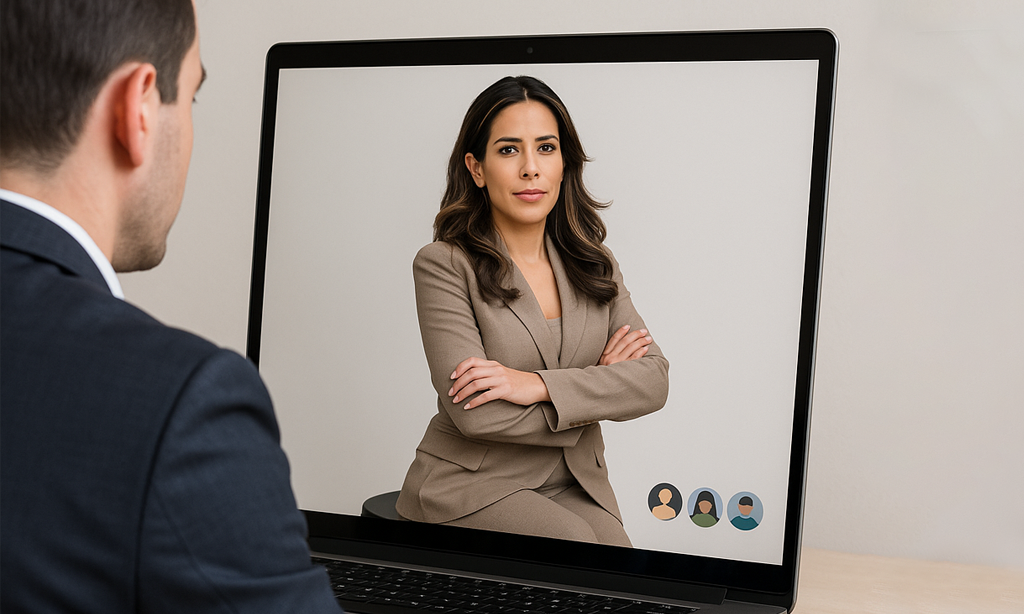Families & Humanitarian:
Keep your family together and your future secure in the United States

Immigration isn’t just paperwork—it’s about family, safety, and peace of mind. Whether you’re seeking to bring loved ones to the U.S., protect yourself from harm, or build a permanent future here, you deserve guidance you can trust.
I’m Gabriela Urizar, an immigration attorney in New York who helps families and vulnerable individuals navigate complex processes with care and clarity. Let’s work together to protect your rights and your loved ones.



Your guide to family and humanitarian immigration solutions
Family petitions and green card processes
Learn the steps for I-130 petitions, adjustment of status, and keeping families together.
Protection for vulnerable individuals
Understand options like U Visas, VAWA, and SIJ that protect victims of crime, violence, or neglect.
Citizenship and future planning
Discover how to prepare for naturalization (N-400), advance parole, and work permits.
Common mistakes to avoid
Get practical advice to prevent delays or denials in family or humanitarian cases.
Your future is too important for guesswork
Family-based and humanitarian immigration cases often involve strict requirements and sensitive personal histories. Small errors or incomplete information can lead to long delays—or even put your safety at risk. Trust an attorney who understands how to handle these cases with care and discretion.
Take the next step toward security and family unity
Download your FREE guide “Your guide to family and humanitarian immigration solutions” and learn how to protect your rights and loved ones.
Or, if you’re ready for personal guidance:
Families and individuals trust Urizar Legal




Meet Gabriela Urizar

Gabriela Urizar is an immigration attorney based in New York who built her own practice after years in other respected law firms.
She focuses on U.S. immigration services for clients who face deeply personal and often challenging circumstances, including:
- Families seeking to unite through marriage or family petitions
- Survivors of crime or domestic violence needing protection under U Visas or VAWA
- Children applying for Special Immigrant Juvenile Status (SIJ)
- Permanent residents preparing for naturalization
- Individuals requiring advance parole or work permits for stability
Gabriela is committed to making immigration law accessible and compassionate. She frequently appears on Spanish-language media to help immigrants understand their rights and options. As a bilingual attorney with Guatemalan roots, she brings both cultural understanding and legal expertise to every case.
Families and humanitarian FAQs
What is an I-130 petition?
An I-130 petition is the first step in helping a family member immigrate to the U.S. It establishes a qualifying relationship, like spouse, parent, or child.
How does adjustment of status (I-485) work?
Adjustment of status lets someone already in the U.S. apply for a green card without leaving the country. It involves filing forms, showing eligibility, and sometimes attending an interview.
Who qualifies for a U Visa?
The U Visa protects victims of certain crimes who have suffered mental or physical harm and have cooperated with law enforcement. It can eventually lead to a green card.
What is VAWA and who can apply?
VAWA (Violence Against Women Act) allows certain abused spouses, children, or parents of U.S. citizens or residents to apply for immigration relief without their abuser’s knowledge or help.
What is SIJ status for children?
Special Immigrant Juvenile Status (SIJ) helps children in the U.S. who have been abused, abandoned, or neglected get lawful permanent residence.
How long does it take to become a U.S. citizen through naturalization?
The N-400 process generally takes several months to a year, depending on your case and USCIS processing times. Interviews and tests are required.
Can I travel while my green card is pending?
Often, you’ll need advance parole to leave the U.S. while an adjustment of status application is pending. Leaving without it can risk your application.
Do work permits come automatically with family cases?
In many cases, people applying for adjustment of status can also apply for a work permit, but it’s not automatic and requires a separate application.
What happens if my family case is denied?
A denial doesn’t always mean the end of the road. Gabriela can help review your situation, identify solutions, and possibly refile or appeal.
How can Urizar Legal help me?
Gabriela offers personalized guidance, prepares your documents accurately, and ensures your story is presented clearly and strongly to immigration authorities.